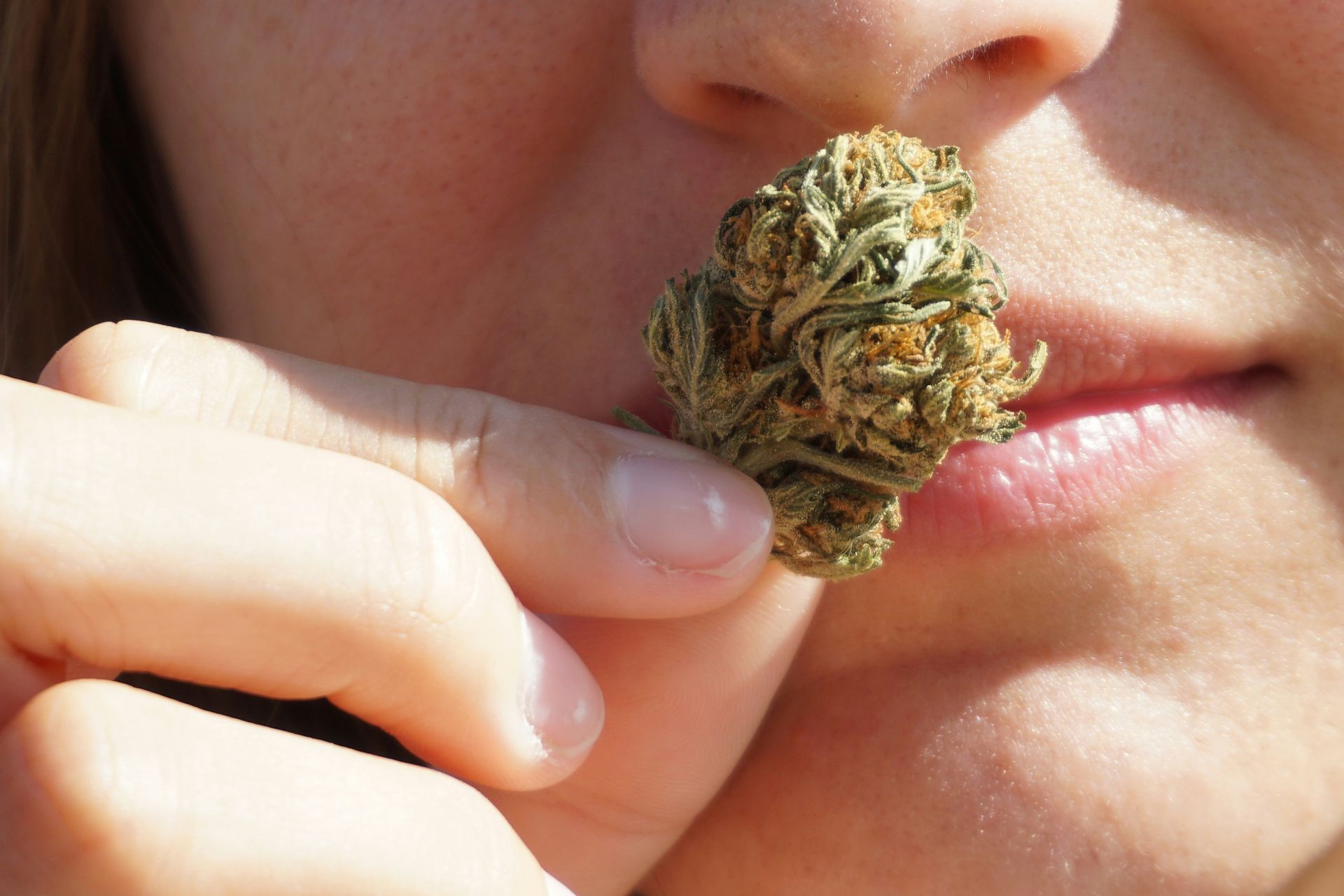
Dealing with pain after surgery or due to a chronic condition can be debilitating. While there are many options for pain relief, edibles are becoming increasingly popular for their effectiveness and convenience. But with so many options available, how do you know which edibles are the best for pain relief and post-surgery healing?
From CBD-infused gummies to THC-rich chocolates, there are an array of choices to choose from. In this article, we will explore the best edibles for pain relief and post-surgery healing so you can make an informed decision and find relief.
What Are the Most Recommended Types of Edibles for Pain Relief After Surgery?
The most recommended types of edibles for pain relief after surgery are often CBD-infused products like gummies, chocolates, and tinctures. CBD has shown promise in alleviating post-surgery pain without the psychoactive effects of THC. Gummies provide convenient dosing, while chocolates offer a tasty option. Sublingual tinctures offer rapid absorption, making them ideal for managing various pain levels, from mild discomfort to more severe post-operative pain.
Which Cannabinoids Are Best Suited for Pain Relief and Post-surgery Healing?
When it comes to pain relief and post-surgery healing, cannabinoids high in CBD are often recommended due to their anti-inflammatory and analgesic effects. THC can also help with pain relief, but its psychoactive effects may not be ideal for all individuals. A balanced ratio of CBD to THC, or even formulations with other minor cannabinoids like CBN or CBG, can provide the best results for post-surgery recovery without unwanted side effects. It is important to consult a healthcare provider to determine the most suitable cannabinoid profile for individual healing process needs.
How Do Edibles Interact With the Body's Natural Healing Processes?
Edibles interact with the body's healing processes by engaging the endocannabinoid system, which regulates pain, inflammation, and immune response. Cannabinoids like CBD in edibles bind to endocannabinoid receptors in this system, reducing inflammation and modulating pain perception. Additionally, cannabinoids may promote tissue repair by influencing cell signaling pathways. Other edible compounds, like terpenes and flavonoids, contribute to their analgesic and anti-inflammatory properties, aiding post-surgery healing.
What Dosage and Potency of Edibles Are Appropriate for Pain Relief and Healing?
Determining the appropriate dosage of edibles for pain relief and healing varies among individuals and depends on factors like tolerance, pain severity, and individual metabolism. Beginners should start with low doses (5-10mg of CBD or THC) and gradually increase until desired effects are reached, while experienced users may require higher doses. It's crucial to consult with a healthcare professional for personalized guidance and adjust dosage based on tolerance and pain level.
Are There Potential Risks or Side Effects Associated With Using Edibles for Pain Relief After Surgery?
While generally considered safe, using edibles for post-surgery pain relief carries potential risks. Side effects may include dizziness, dry mouth, and fatigue, particularly with THC products. Overconsumption can lead to heightened anxiety or impaired cognition. To minimize risks, individuals should start with low doses, monitor their response, and avoid driving or operating machinery while under the influence. Consulting with a healthcare provider ensures safe usage and maximizes benefits while mitigating adverse effects.
What Are the Advantages of Using Edibles Compared to Other Methods for Pain Relief and Healing?
Edibles offer distinct advantages for pain relief, including convenience, longer duration of action, and discreet consumption. They provide a convenient, pre-measured dose without the need for smoking or vaping equipment. With effects lasting several hours, they offer sustained relief ideal for post-surgery healing. Additionally, their discreet nature makes them preferable for those seeking privacy or avoiding the stigma associated with smoking. Edibles offer a versatile and inconspicuous method of post-surgery pain management.
Are There Specific Recommendations for Using Edibles to Support Post-surgery Recovery?
Using edibles to support post-surgical recovery should be done with caution and under the guidance of a healthcare professional. Edibles can help with wound healing and inflammation reduction due to their anti-inflammatory properties. Additionally, natural ingredients like turmeric and omega-3 fatty acids can enhance the healing properties of edibles. It is important to research and choose edibles that contain natural, healing ingredients to support overall recovery.
What Are the Best Practices for Selecting High-quality Edibles for Pain Relief and Post-surgery Healing?
When selecting edible products for pain relief and post-surgery healing, prioritize products from reputable dispensaries or retailers with transparent sourcing and manufacturing practices. Look for products that undergo third-party lab testing for purity, potency, and consistency. Consider factors such as cannabinoid content, dosage accuracy, and absence of contaminants. Certification programs like GMP (Good Manufacturing Practices) or ISO (International Organization for Standardization) can provide additional assurance of product quality and safety.
What Scientific Evidence Supports the Use of Edibles for Pain Relief and Post-surgery Healing?
Scientific evidence suggests that cannabinoids in edibles, particularly CBD, possess analgesic and anti-inflammatory properties beneficial for pain relief and post-surgery healing. Clinical trials have shown promising results in managing pain and reducing inflammation. Reputable sources like the World Health Organization (WHO) and the National Institutes of Health (NIH) acknowledge the potential therapeutic properties of cannabinoids, endorsing their use for various medical conditions, including post-surgery recovery.
How Can Individuals Incorporate Edibles Into Their Overall Pain Management and Recovery Plan?
Individuals can integrate edibles into their pain management and recovery plan by incorporating them alongside other modalities like physical therapy and medication. Edibles offer sustained relief and can complement conventional treatments by addressing inflammation and discomfort. Lifestyle changes such as stress reduction techniques and adequate rest can enhance the benefits of edibles. Consulting with medical professionals ensures a comprehensive approach tailored to individual needs, optimizing the pain relief and recovery process.
In conclusion, edibles emerge as a beacon of hope in the realm of post-surgery recovery. Their gentle yet potent nature provides a soothing balm for both body and mind, offering relief from discomfort without the burden of harsh side effects. By seamlessly integrating high-quality edibles into holistic post-surgical pain management, individuals can enhance their healing journey and reclaim a sense of well-being. With patience, diligence, and the guidance of healthcare professionals, edibles become not just a remedy but a beacon illuminating the path to restoration.






